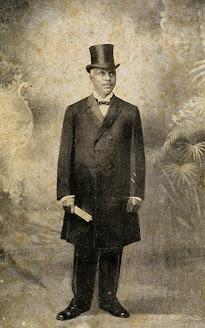Kids Bones Versus Adult Bones - How the use of different multimodal formats affects your site experience
 Do you find this interesting?
Do you find this interesting?The human body is an amazing thing! Babies have more bones (nearly 300 bones) in their small, fragile little bodies than an adult (206 bones) does. Learning this information from different sites was interesting, interactive, and downright boring at times. The formats used in a site can draw you in or have you in a rush to click to the next one so you don't fall asleep.
Office of the Surgeon General (US). “The Basics of Bone in Health and Disease.” Bone Health and Osteoporosis: A Report of the Surgeon General., U.S. National Library of Medicine, 1 Jan. 1970, www.ncbi.nlm.nih.gov/books/NBK45504/.
Salcedo, Susy. “Do You Know These Fun Facts About the Human Body?” Nectar Sleep, 4 Nov. 2019, www.nectarsleep.com/posts/fun-facts-about-the-human-body/.



I like the way you compare kids bones vs. adults bones. You have a very interesting information and facts. I think you did a great job.
ReplyDelete